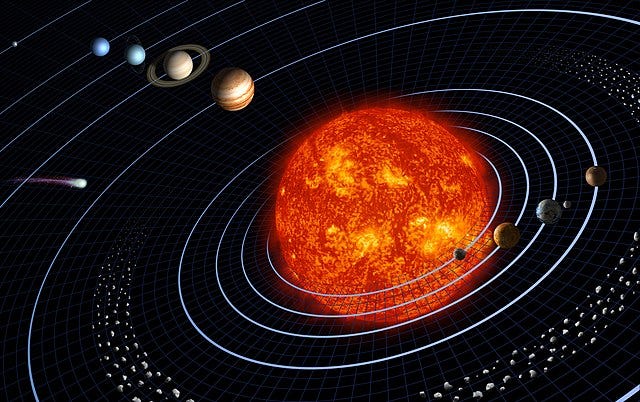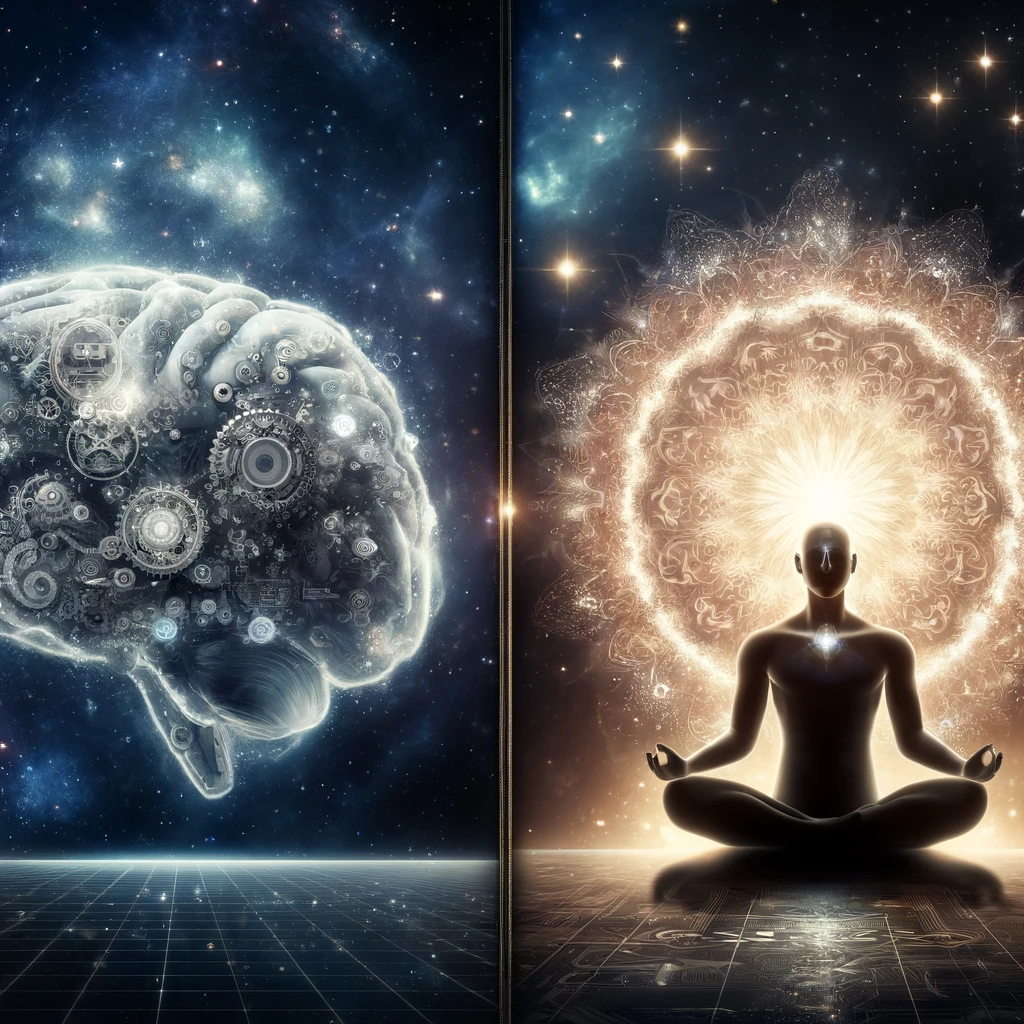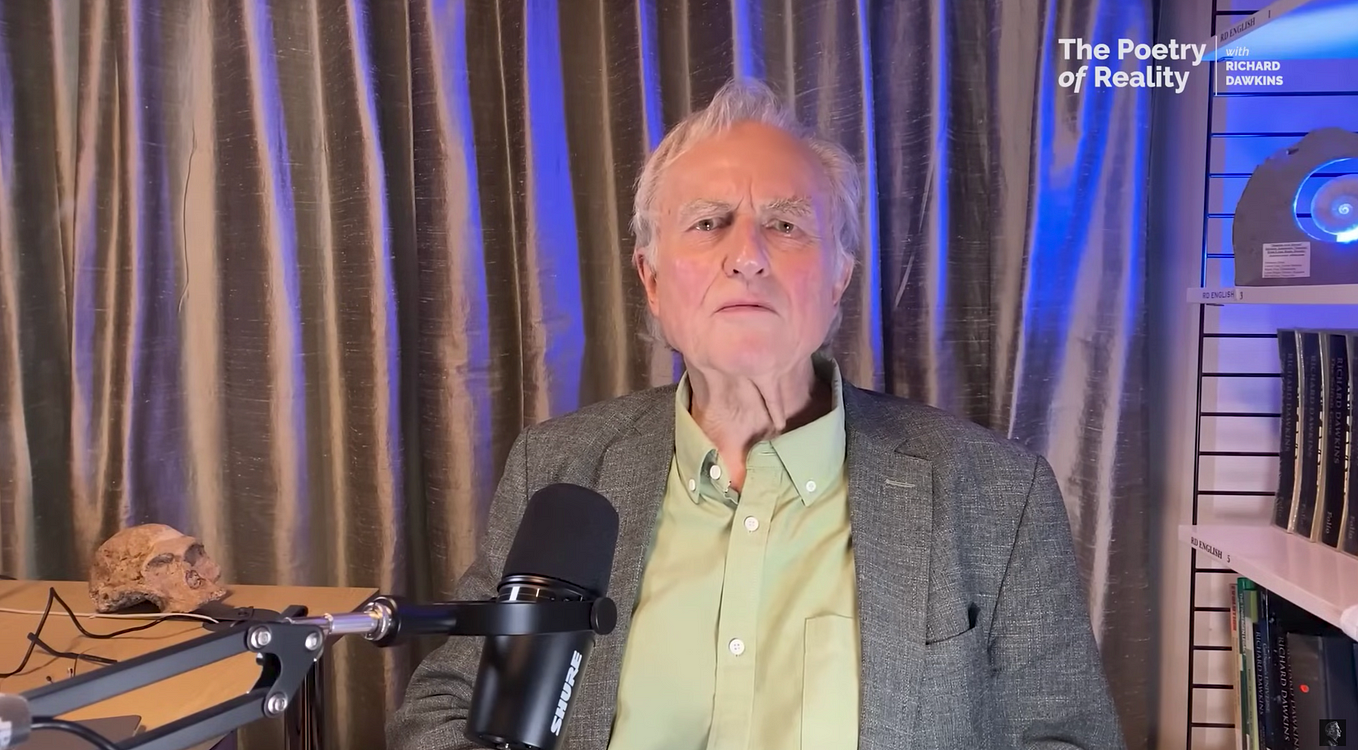The Works of Philo of Alexandria, “On the Eternity of the World” (De Aeternitate Mundi)
A Series of Articles Summarising the Tractates of Philo of Alexandria
Introduction
Philo of Alexandria’s tractate “On the Eternity of the World” (De Aeternitate Mundi) is a complex work that addresses the philosophical and theological question of whether the world is eternal or created.
This debate was central to Hellenistic philosophy, with Plato and Aristotle providing different viewpoints. It also touches on key aspects of Jewish theology regarding creation. Philo attempts to reconcile these perspectives, showing a deep engagement with both Greek philosophical thought and Jewish scriptural tradition.
This article is one of a series on the works of Philo of Alexandria, all of which are listed in the below Medium.com list:
You can find more articles on the “hidden language” of the Tanakh (Old Testament) in the below Medium.com list:
Overview and Structure
In “On the Eternity of the World,” Philo does not follow a simple argumentative line but rather explores various aspects of the question through philosophical reasoning and theological reflection.
He examines the creation narratives of Genesis, the nature of God as the creator, and the philosophical arguments for and against the world's eternity.
Themes and Content
Philosophical Arguments on Eternity
Philo discusses the arguments for the eternity of the world presented by Greek philosophers, who claim that everything that exists has always existed, as creation ex nihilo (out of nothing) seems logically impossible to them. He engages with these arguments critically, analyzing their implications and assessing their validity.
Theological Arguments for Creation
Contrasting with the philosophical stance, Philo brings forward the Jewish theological perspective that God created the world at a specific point in time. He uses the Genesis creation story as a foundational text, interpreting it to argue that God’s act of creation was a deliberate and temporal event.
God’s Nature and the Act of Creation
Central to Philo’s argument is the nature of God as a creator. He discusses God’s transcendence and omnipotence, arguing that divine creation does not need to conform to human notions of time and causality. For Philo, God’s ability to create ex nihilo demonstrates His infinite power and is not bound by the physical laws that govern the universe.
The Problem of Time and Eternity
Philo delves into the nature of time itself, questioning whether time could have existed before the creation of the physical universe. He proposes that time, as we understand it, began with creation, suggesting that any state of existence before this point would be timeless or subject to a different kind of divine “time.”
Reconciliation of Views
Philo attempts to reconcile the eternalist and creationist views by suggesting that the material universe was formed from pre-existing chaotic matter, which God organized and brought into its current ordered state. This allows him to maintain the idea of God as an eternal creator without directly contradicting the philosophical notion of the eternal existence of matter.
Implications for Divine Providence and Goodness
The discussion extends into the implications of God’s eternity and the world’s temporal nature for divine providence and goodness. Philo argues that God’s continuous involvement in the world as creator and sustainer is compatible with the world having a beginning and being governed by divine laws.
Conclusion
“On the Eternity of the World” showcases Philo’s skill in navigating complex philosophical and theological issues.
He does not dismiss Greek philosophy but instead tries to find a synthesis that respects the integrity of Jewish theological traditions while engaging critically with contemporary philosophical ideas.
This tractate reflects his broader project of demonstrating how Jewish faith and Greek thought can inform and enrich each other, providing a deeper understanding of the nature of the universe and the divine.





